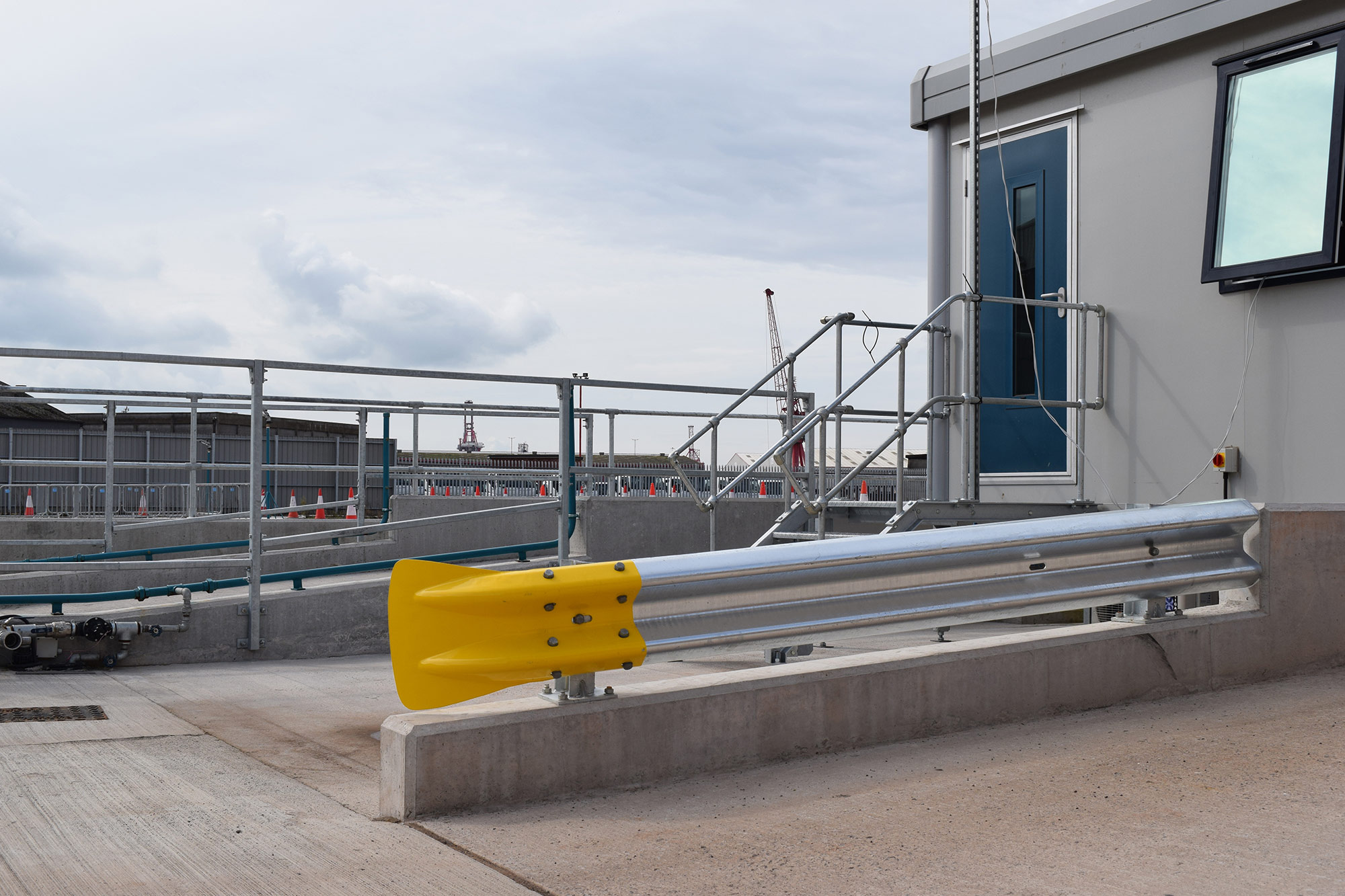Who ought to use perimeter security?

Perimeter safety is a vital side of defending various types of facilities, property, and other people. It is used by a extensive range of organizations and establishments to safeguard their premises. Here are some examples of who ought to use perimeter security:
Commercial Properties: Businesses, each large and small, utilize perimeter safety to guard their property, staff, and prospects. This includes retail stores, workplace buildings, warehouses, and manufacturing services.
Government Buildings: Government facilities, such as metropolis halls, courthouses, and federal buildings, implement stringent perimeter safety measures to guard delicate data and public servants.
Critical Infrastructure: Perimeter security is significant for safeguarding important infrastructure, including power plants, water treatment services, and transportation hubs. Any disruption to these services can have vital consequences.
Airports: Airports require robust perimeter safety to protect aircraft, passengers, and airport employees. Security measures typically embody fences, surveillance systems, and entry control.
Military Bases: Military installations have some of the most advanced perimeter safety systems to protect nationwide security pursuits, delicate data, and personnel.
Educational Institutions: Schools and universities use perimeter safety to protect students, college, and workers. This might embrace access control systems, security personnel, and surveillance.
Healthcare Facilities: Hospitals and healthcare facilities implement perimeter security to protect sufferers and employees, as properly as valuable medical tools and provides.

Correctional Facilities: Prisons and correctional amenities require perimeter safety to stop escapes and defend both inmates and staff.
vehicle wedge barriers Centers: Data facilities retailer valuable and sensitive data, making them a goal for cyberattacks and bodily safety breaches. Perimeter safety is important to guard the infrastructure and knowledge.
Residential Properties: High-value residential properties, embassies, and diplomatic residences usually employ perimeter security measures to guard residents and belongings.
Retail Centers: Shopping malls and retail complexes may use perimeter security to discourage theft, vandalism, and ensure the safety of buyers.
Event Venues: Temporary or everlasting occasion venues, like stadiums, concert halls, and convention centers, require perimeter safety to make sure the protection of attendees.
Transportation Facilities: Ports, train stations, and bus terminals use perimeter safety to protect infrastructure, vacationers, and cargo.
Public Spaces: In city environments, public areas, parks, and government plazas could incorporate perimeter security measures to enhance security.
The particular measures and applied sciences used for perimeter safety can differ broadly depending on the nature of the power, its location, and the extent of safety required. Common parts of perimeter safety embody fencing, access control systems, surveillance cameras, intrusion detection methods, security personnel, and extra. The aim is to deter unauthorized entry, detect intrusions, and respond to safety threats effectively..
